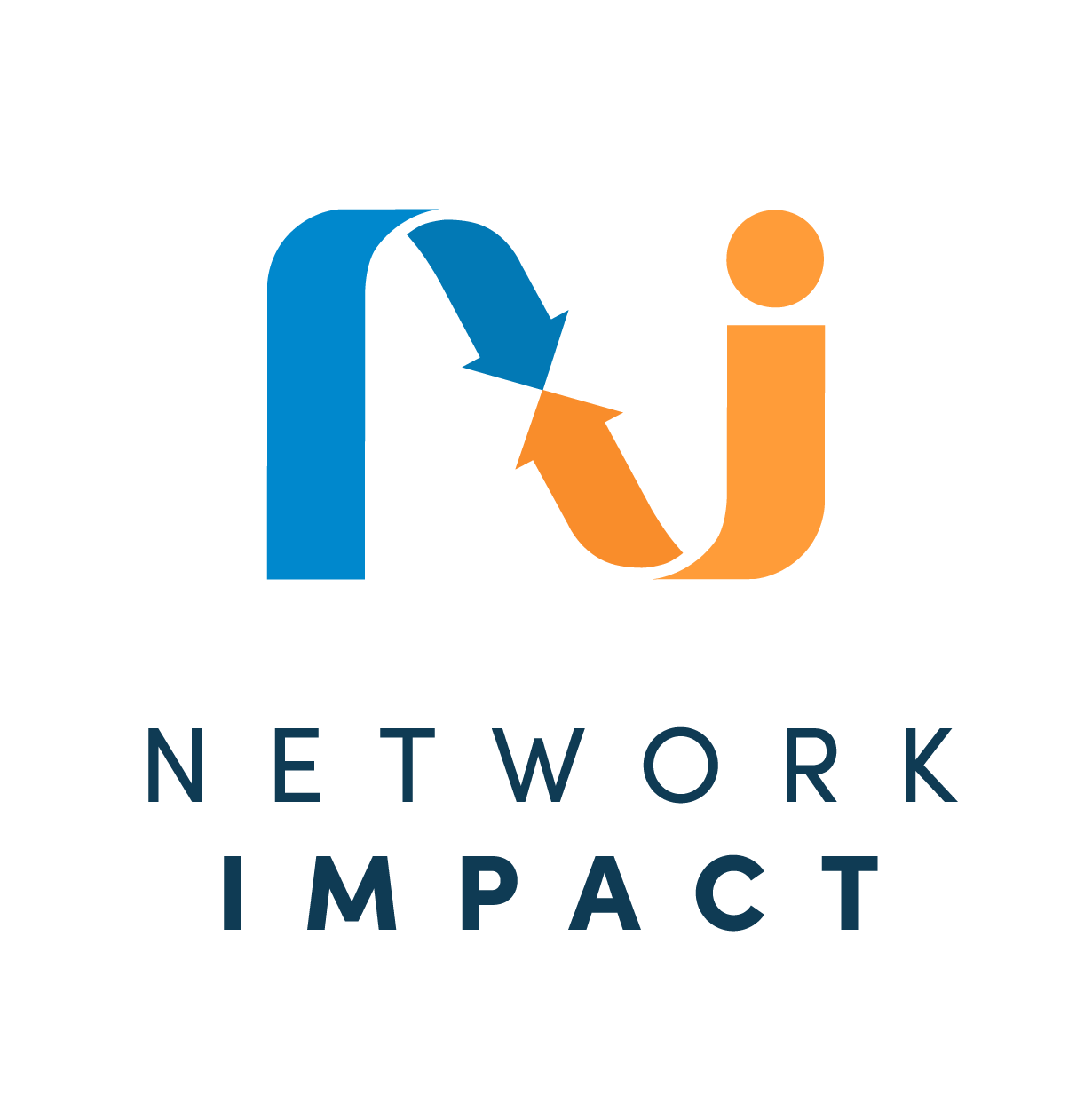Local Network Building Supports Equitable Recovery & Community Resilience
After devastating tornadoes hit Selma and surrounding Black Belt counties in 2023, Network Impact partnered with Dr. John T. Cooper Jr. to share network strategies that might be relevant to the Black Belt Community Foundation’s highly relational community-centered approach to response and recovery efforts.
Anne Whatley, who is a senior consultant with Network Impact, has direct experience with disaster recovery as the facilitator of Ventura County’s Long Term Disaster Recovery Group (LTRG). The Ventura LTRG coordinates more than 50 organizations and agencies that provide support to impacted households including Ventura’s most vulnerable residents. Her collaboration with Dr. John T. Cooper Jr., a national expert on equitable disaster resilience planning, resulted in a draft set of strategies, including network approaches, that the Black Belt Community Foundation and its partners could implement to support equitable, community-centered long term recovery after devastating tornadoes struck the city of Selma and surrounding Black Belt counties in January 2023.
Infusing Dr. Cooper’s expertise in equitable disaster readiness planning with Anne’s on-the-ground experience, in addition to insights from Network Impact’s multi-year assessment of the evolution of PPREP, a network of Midwest community foundations that are building community capacity to prepare for and recover from disasters using equity-centered approaches, the team worked with BBCF to develop a menu of possible actions and investments that they could make over time to increase community resilience. Strategies included supporting collaborative efforts that address the needs of the most marginalized and vulnerable while equipping local nonprofit organizations with the resources needed to serve as resilience building partners, and encouraging participatory processes for community members to provide input on recovery priorities and measures for tracking the recovery progress.
In our research with PPREP that included interviews with more than 20 community foundations, several themes emerged about the important roles Community Foundations can play in supporting disaster recovery and long term community resilience beyond local grant making.
Roles for Community Foundations beyond direct funding of local organizations
Convene relevant groups and organizations, including those serving the marginalized and most vulnerable, to formulate strategies and explore how best to coordinate local recovery and resilience work (including VOADs and LTRGs)
Serve as coordinator for local efforts (e.g. dedicated staff/consultant time)
Build capacity and skills of local organizations (e.g., develop Continuity of Operations Plans)
Coordinate funders / funding (e.g. funder collaboratives focused on climate, recovery, environmental justice)
Fund research to elevate issue(s) to encourage discussion and action
Seek to understand and communicate insights about gaps (e.g. support needs assessments )
Advocate for and fund equity-centered approaches including elevation of underrepresented voices in local decision-making
